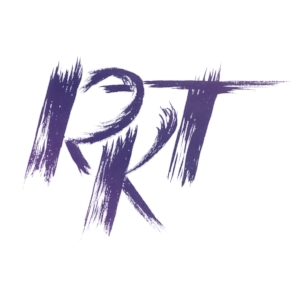Language learning: a journey to global citizenship
In an increasingly interconnected world, language serves as the key to unlocking relationships, understanding cultures, and conducting business across borders. The ability to communicate in multiple languages is more than just a skill; it's a vital component of participating in the global community.
Global citizenship is the concept of being part of an emerging world community and recognizing the interconnectedness of all people and nations. It emphasizes the responsibility to act with awareness of the wider world and to contribute to and benefit from the global community.
The Benefits of Language Learning
Learning a new language is a powerful cognitive process that enhances mental flexibility, improves problem-solving abilities, and strengthens memory. Bilingualism has been linked to delaying the onset of dementia and other cognitive declines in aging.
As businesses expand globally, the demand for multilingual professionals increases. Language skills open doors to new job opportunities and are often associated with higher salaries and greater career advancement potential.
Language is deeply tied to culture. Learning a language involves understanding the nuances of cultural practices and perspectives, fostering empathy and reducing cultural misunderstandings.
Challenges in Language Learning
Language barriers can be daunting, but with the right strategies and resources, they can be overcome. Persistence and a willingness to make mistakes are crucial in the language learning process.
The digital age has brought a wealth of resources to language learners, from online courses to language learning apps. These tools can provide personalized learning experiences and help maintain motivation.
While learning a language, professional translation and interpretation services are invaluable for ensuring accuracy and cultural appropriateness in communication. They are essential for businesses and individuals who need to interact with global partners before language proficiency is achieved.
Language Learning Strategies for Success
Immersion is one of the most effective ways to learn a language. It involves surrounding oneself with the language in everyday contexts, which can accelerate the learning process and enhance understanding.
Technology not only provides resources but also connects language learners with native speakers around the world. Online exchanges and virtual reality experiences can simulate real-life immersion experiences.
Consistency is key in language learning. Regular practice and exposure to the language in various forms, such as media, conversation, and writing, solidify learning and improve fluency.
Language Learning as a Path to Global Citizenship
Language learning is a bridge to understanding other cultures and forming connections. It can break down barriers and foster collaboration and peace between nations.
In professional settings, language skills can lead to more effective communication with clients and colleagues from different backgrounds, enhancing international trade and diplomatic relations.
Encouraging language learning from a young age can prepare future generations for a multilingual world, promoting global citizenship and cultural appreciation.






Kommentaarid (0)